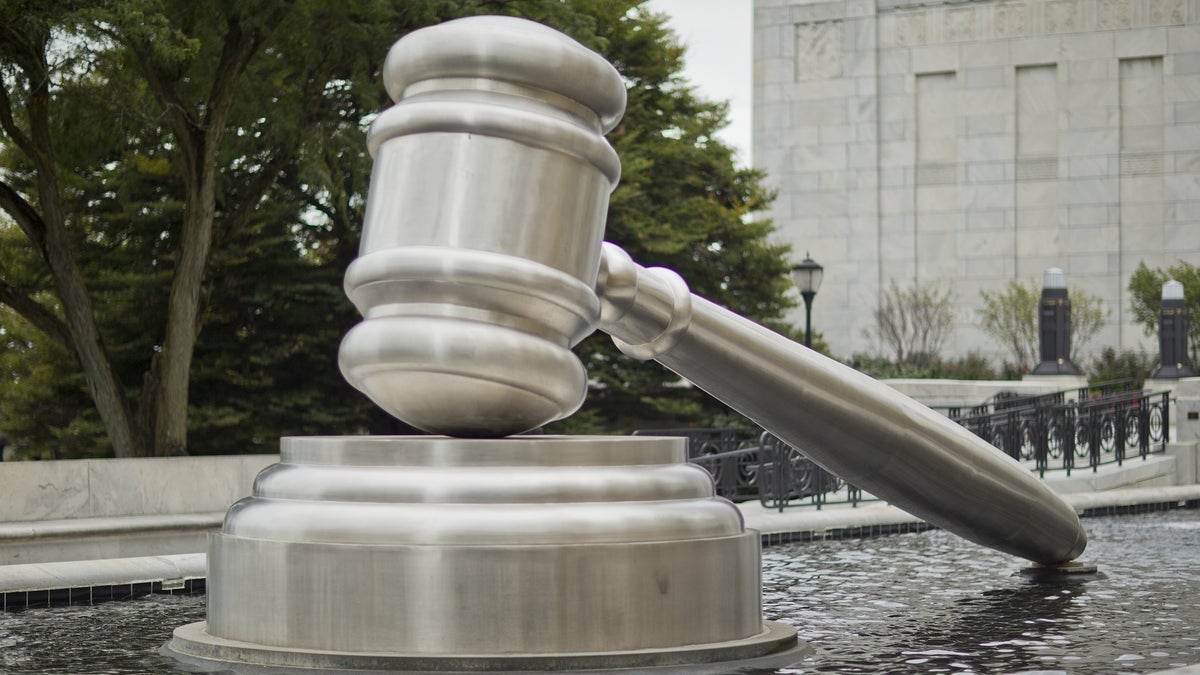

Many mother and father may not like this ruling, however a federal courtroom decide on Friday dominated that social media companies can’t be compelled to dam sure content material from teenagers. The courtroom was introduced into the state of affairs after tech firms challenged a brand new Texas regulation referred to as the Securing Kids On-line By way of Parental Empowerment (SCOPE) Act. The regulation calls for that social media platforms confirm the age of their customers and provides different insurance policies that social media companies must comply with.
The regulation was imagined to take impact Sunday. September 1st, however the ruling by Decide Robert Pitman referred to as out the “monitoring and filtering” necessities as a menace to speech on-line. Moreover verifying a person’s age, the Scope Act limits the gathering of knowledge from these underneath 18, prevents teenagers from viewing focused adverts, and in addition prevents them from coming into into any monetary transaction with out parental approval.
The regulation additionally demanded that social media platforms should put into place a plan that will “forestall the recognized minor’s publicity to dangerous materials.” Such dangerous materials consists of content material that “glorifies” or promotes matters like suicide, substance abuse, and grooming. Any platform thought-about to point out content material that’s greater than one-third dangerous or obscene (the latter can be primarily based on current state regulation) can be compelled to give you a strategy to confirm a person’s age.
The plaintiffs who initiated the authorized motion have been tech business teams NetChoice and the CCIA. The Basis for Particular person Rights and Expression (FIRE) additionally filed a lawsuit towards the regulation. The decide dominated partially in favor of NetChoice on Friday issuing an injunction towards the monitoring and filtering guidelines whereas the case continues to be heard.
For the second, some elements of the Scope Act stay in impact. The rule stopping platforms from gathering private knowledge from teenagers underneath 18 continues to be being enforced as is the rule requiring age verification for websites with massive quantities of grownup content material. It must be famous that Texas already had a regulation requiring that websites confirm the ages of these visiting grownup websites. Decide Pitman felt that the wording of the Act was too obscure. His criticism mirrored the problem from FIRE who mentioned that phrases like “grooming” might apply to all LGBTQ content material.
“Phrases like ‘selling,’ ‘glorifying,’ ‘substance abuse,’ ‘harassment,’ and ‘grooming’ are undefined, regardless of their potential large breadth and politically charged nature. At what level, for instance, does alcohol use grow to be ‘substance abuse?’ When does an excessive food plan cross the road into an ‘consuming dysfunction?'” Decide Robert Pitman
Decide Pitman famous that an Legal professional Basic seeking to implement the regulation might accomplish that selectively by deciding that content material about smoking marijuana glorifies substance abuse even when smoking cigarettes and consuming alcohol doesn’t. The decide additionally famous that whereas social media platforms must take away controversial content material, the identical content material might be discovered on different media platforms.
The underside line is that at this second, teenagers in Texas can’t be legally blocked from viewing content material about marijuana. That might change relying on how Decide Pitman guidelines when the case involves an finish.